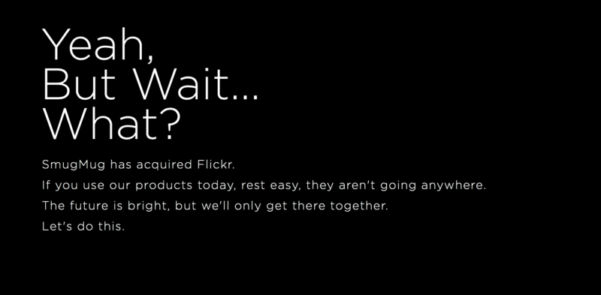I have tried Dokuwiki for a personal wiki. It’s ugly. It forces me to edit pages as a plain text files, using it’s own wiki syntax format. It also stores articles in a format of wiki text. Every time somebody wants to view a page, Dokuwiki parses wiki-formatted file and produces HTML. Every time. That’s how article looks in a wiki format.
====== HiPath 4000 Backup destinations: ======
- MO/CF
- Server
- NFS
- FTP
====== HiPath 4000 HDD Layout ======
^Name ^Purpose ^Contents^
|:PDS: |program disk |RMX|
|:DBD: |Debug disk ||
|:AMD: |Administration and maintenance disk ||
|:CGD: |Call change disk |tarification files|
|:TMD: |Traffic metering disk ||
|:PAS: |Miscellaneous usage |REGEN file|
Looks ugly. That is a how your data is seen by both editor and application. Both editor and dokuwiki have to be able to understand wiki syntax in order to see the formatted data. Both are negatively affected. Editor has to learn a new syntax for writing an article, Dokuwiki has to translate article to HTML every time user requests it (many times).
The third victim is data itself. It gets transformed to an ugly format, compatible with the only software which is wiki engine you use. In other words, if you let a wiki engine take care about your information, the information would most likely stay in there forever. If you want to extract a document from a wiki engine, you have to render a page, using the engine.
Why do we need to have wiki-formatted intermediate presentation? The official answer is to help users who lacks HTML+CSS knowledge to develop a document structure. It probably worked in 2000, when there was no technology for creating interactive applications in a browser. Nowadays things changed. We have Google docs, which allows a document to be edited in WYSIWYG mode, and, moreover, to be stored and exported in any format. Some might say WYSIWYG editors corrupt formatting when used in a wrong way. It applies to documents where we need a style. In a Wiki we do not aim to create a document with style. We do aim to develop a document with structure. Style has to be generated by a wiki engine.
Hence, the best approach for wiki architecture is: editing documents in WYSIWYG, storing documents in a structured format without styles, presenting them as-is.
It is very important not to let WYSIWYG editor to define styles. It’s a common user mistake to apply styles to an articles. Styles has to applied by an application. An editor should define the structure of the document only: Headings, paragraphs, tables, code, bold, italic, etc. Editor needs no colours, no browser compatibility nothing extra.
Let the approaches be compared:
| Stage |
Wiki-approach |
Correct approach |
Best approach |
| Editing |
Using ugly wiki format, which is neither a
document, nor a pure data |
Using WYSIWYG editor, which allows editing
structure, but not styles. |
Using WYSIWYG editor, which allows editing
structure, but not styles. |
| Storing |
Using ugly wiki format, which is neither a
document, nor a pure data |
Using a structured document format, like (X)HTML,
XML, OD> |
(X)HTML with no styles |
| Presenting |
Parsing wiki format, restructuring it to a
document (HTML+CSS) |
Presenting a stored document as is+ applying some
predefined styles to it. |
(X)HTML + CSS style |
| Engines |
MediaWiki, DocuWiki, pmWiki |
Almost there: WordPress, MoinMoin, Sharepoint wiki module… |
??? |
Currently there is no Wiki engine in the market who does the job right.


